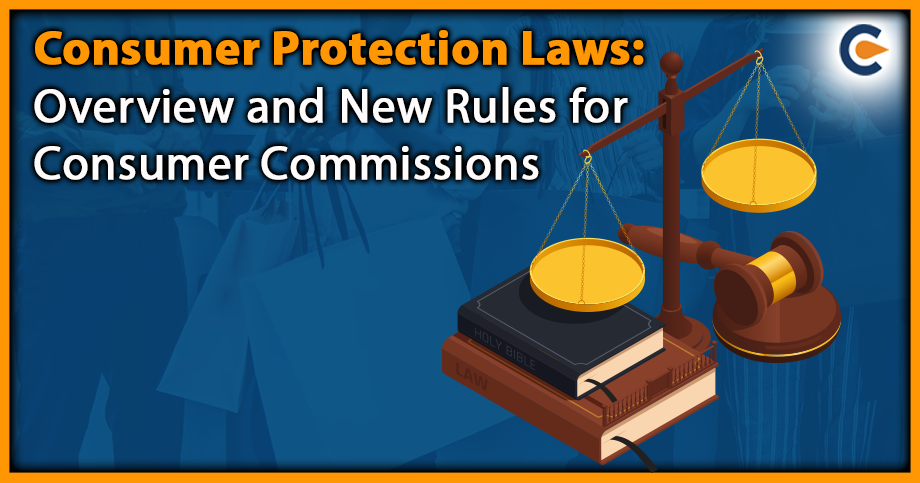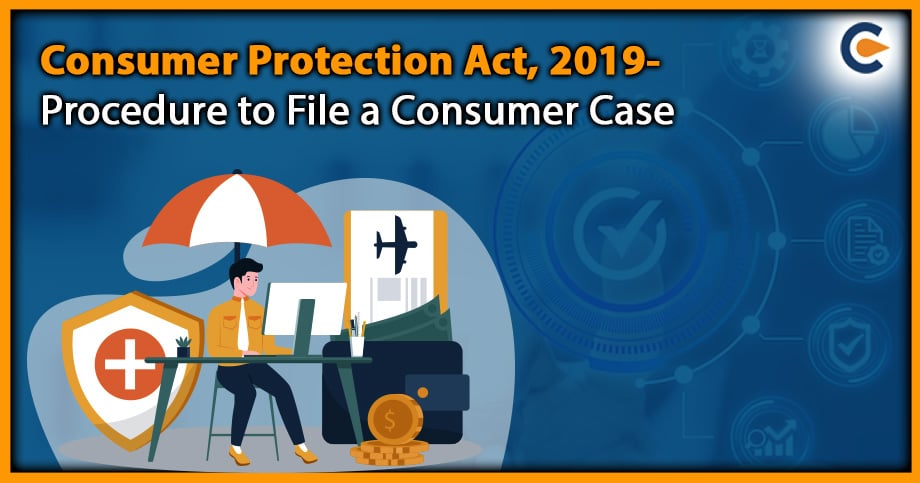Consumer protection laws are designed to safeguard consumers from unfair and deceptive business practices. These laws are essential to ensuring that consumers are protected from fraudulent, misleading, or abusive business practices, and have access to the information and protections they need to make informed purchasing decisions.
Overview of Consumer Protection Laws:
Consumer protection laws are enacted at the federal, state, and local levels. The laws cover a wide range of issues, including product safety, advertising, pricing, and warranties. Some of the most important provisions of consumer protection laws include:
Prohibitions against False or Misleading Advertising:
- Consumer protection laws prohibit businesses from making false or misleading claims about their products or services. Businesses must provide accurate information about a product’s features, benefits, and potential risks.
Disclosure Requirements:
- Consumer protection laws require businesses to disclose certain information to consumers before they make a purchase. For example, businesses may be required to disclose the total price of a product or service, any hidden fees, or the terms of a contract.
Product Safety Standards:
- Many consumer protection laws establish safety standards for products sold to consumers. These standards may require businesses to test products for safety and disclose any potential hazards.
Warranty and Return Requirements:
- Consumer protection laws may require businesses to offer warranties on their products and provide consumers with a right to return products that do not meet certain standards.
Prohibitions against Unfair or Deceptive Practices:
- Consumer protection laws may prohibit businesses from engaging in unfair or deceptive practices, such as bait-and-switch advertising, price gouging, or selling counterfeit goods.
Enforcement Mechanisms:
- Customer protection laws typically include enforcement mechanisms to ensure compliance with the law. These may include fines, penalties, and legal action against businesses that violate consumer protection laws.
Legal provisions in customer protection laws are designed to ensure that consumers are treated fairly and have access to the information and protections they need to make informed purchasing decisions.
Consumer Protection Laws Include A Wide Range Of Acts At Both The Federal And State Levels. Some Of The Most Important Federal Acts Related To Consumer Protection Include:
The Federal Trade Commission Act:
- This act created the Federal Trade Commission[1] (FTC) and empowered it to investigate and regulate unfair or deceptive business practices.
The Food, Drug, and Cosmetic Act:
- This act established safety standards for food, drugs, and cosmetics sold to consumers.
The Fair Packaging and Labeling Act:
- This act requires businesses to provide accurate information on product labels, including the product’s contents, net weight, and manufacturer.
The Consumer Product Safety Act:
- This act established the Consumer Product Safety Commission (CPSC) and gave it the power to regulate product safety standards and issue recalls.
The Magnuson-Moss Warranty Act:
- This act requires businesses to provide consumers with clear and concise information about warranties and establishes guidelines for enforcing warranty claims.
In addition to these federal consumer protection laws, there are also many state laws that protect consumers in different ways. These laws may be more specific to the needs of individual states or regions and can cover a range of issues such as product safety, advertising, pricing, and warranties.
Overall, consumer protection laws are designed to ensure that consumers are protected from fraudulent, misleading, or abusive business practises. These laws help people make smart decisions about what to buy and give them options if they are hurt by unfair business practises.
Consumer Commissions
Consumer commissions are government bodies that are responsible for enforcing consumer protection laws and regulations. They are typically established at the federal or state level and have the power to investigate complaints, initiate legal action, and impose fines or other penalties on businesses that violate consumer protection laws.
The main role of consumer commissions is to protect consumers from unfair or deceptive business practices. They do this by enforcing laws and regulations that govern advertising, product safety, pricing, and other aspects of consumer transactions. Consumer commissions also provide information and support to consumers, such as advice on how to avoid scams or how to file a complaint against a business.
In addition to enforcing laws and regulations, consumer commissions may also conduct research and gather data on consumer trends and behaviors. This information can be used to inform policy decisions and to develop new rules or regulations to protect consumers.
Consumer commissions may do more than just enforce laws and rules. They may also do research and collect data on consumer trends and behaviors. This information can be used to help make policy decisions and come up with new rules or regulations to protect consumers.
Overall, consumer commissions play a critical role in protecting consumers from unfair or deceptive business practices and promoting fair and transparent markets. Their work helps to ensure that consumers have access to the information and protections they need to make informed purchasing decisions and that businesses operate in a responsible and ethical manner.
New Rules for Consumer Commissions:
Consumer commissions are government bodies that enforce consumer protection laws and regulations. The commissions are responsible for investigating complaints, initiating legal action, and imposing fines or other penalties on businesses that violate consumer protection laws. Here are some new rules that consumer commissions may introduce:
Increased Enforcement Powers:
- Consumer commissions may be given increased powers to investigate and penalize businesses that violate consumer protection laws. This could include the ability to impose higher fines or to seek criminal penalties in cases of serious violations.
Expanded Scope Of Jurisdiction:
- Consumer commissions may be given broader jurisdiction to regulate new forms of commerce or emerging industries. For example, they may be given the power to regulate online marketplaces or social media platforms.
New Reporting Requirements:
- Consumer commissions may require businesses to provide more detailed information about their products, services, and practices. This could help to ensure that consumers have access to the information they need to make informed purchasing decisions.
- Stricter data privacy regulations: Consumer commissions may introduce new rules to protect consumers’ personal information and regulate how businesses can collect, use, and disclose that information.
Conclusion
In conclusion, consumer protection laws and consumer commissions play a vital role in protecting consumers and promoting fair and transparent markets. The new rules that consumer commissions may introduce could further strengthen the protections afforded to consumers and ensure that businesses operate in a responsible and ethical manner. As consumers, it is important to know our rights and responsibilities and to report any suspected violations of consumer protection laws.
Read Our Article: Comprehensive Guide On Consumer Protection Rules On E-Commerce, 2020











